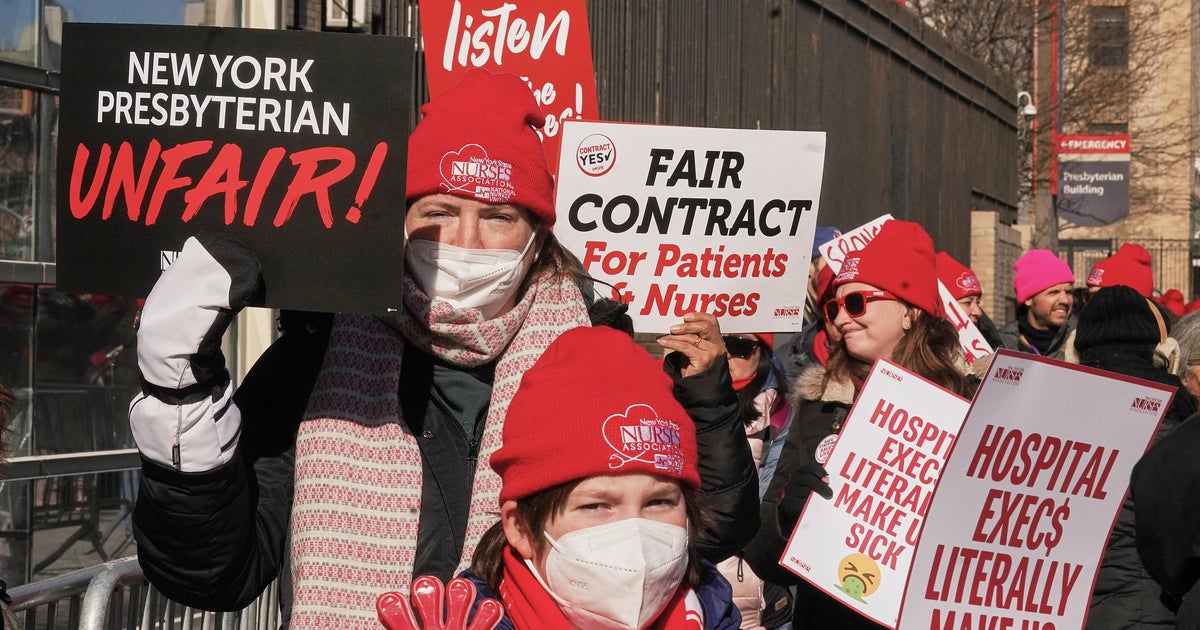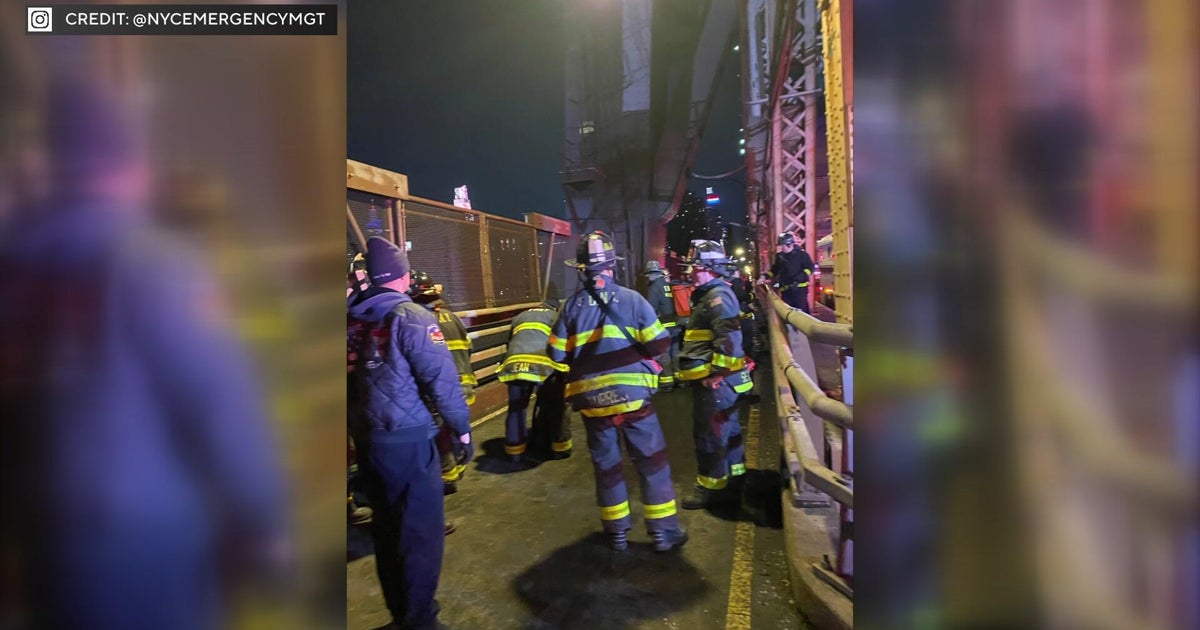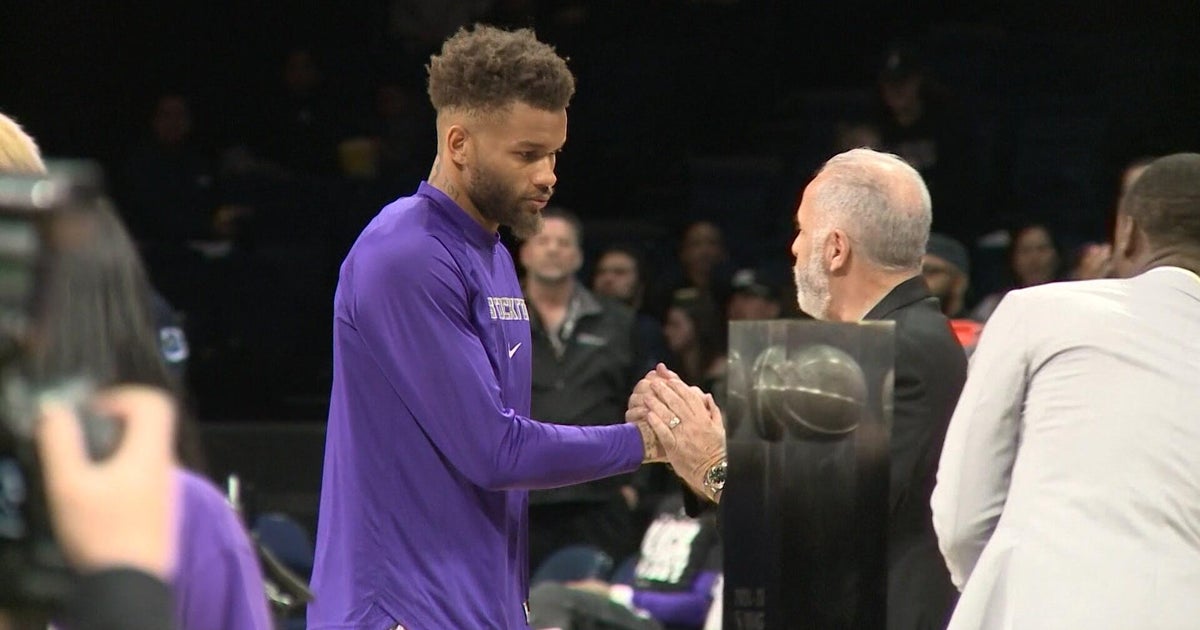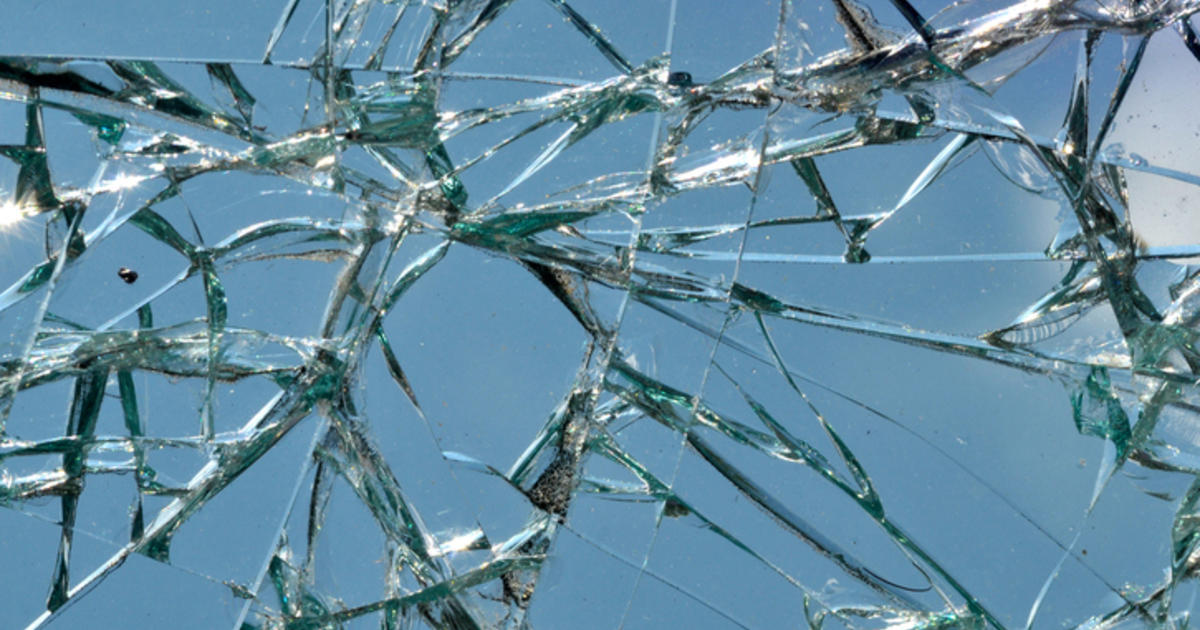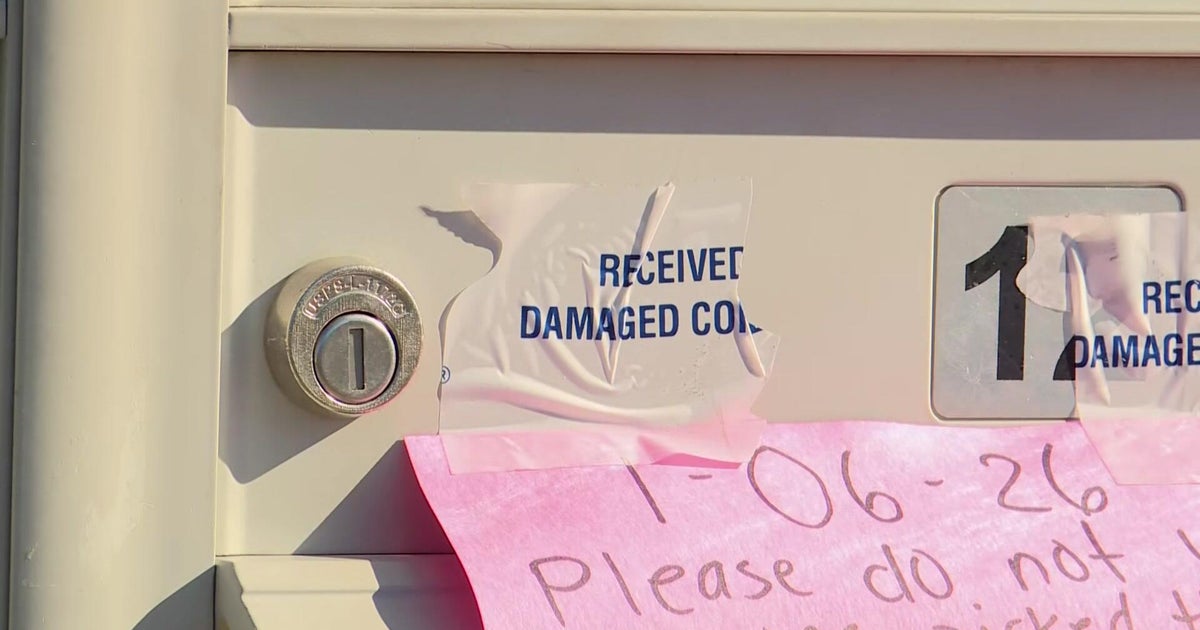Exposure To Toxic Dust Continues To Take Toll On 9/11 First Responders, Nearby Residents
NEW YORK (CBSNewYork) -- As the 15th anniversary of the 9/11 attacks approaches, the exposure to chemicals and compounds at the site is continuing to take its toll on responders and nearby residents.
"We see about 10 to 15 new patients coming in with cancer every week or so," said Dr. Michael Crane, who is the director of the World Trade Center Health Program at Mount Sinai Hospital. "We now have more than 5,000 people of our 70,000 survivors and responders afflicted with cancers."
The illnesses include skin cancers, prostate cancers, thyroid cancers, lymphomas, lung cancer and kidney cancer. Patients are also experiencing chronic, less serious problems such as asthma.
"These are we're thinking a little bit more aggressive in some of our patients than we would see normally," Crane said.
With the passage of time the news is becoming more grim and some illnesses are just starting to surface. Crane said just this year they've seen more than a dozen patients develop rare carcinoid tumors.
"I want to be wrong about this, but I am concerned that there will be elevated rates in many of the cancers," Crane said.
LINKS: Visiting The 9/11 Memorial Museum | Commemorating 9/11
Now that Congress has fully funded the health program through the Zadroga Act, Crane said they can study the long-term effects of the exposure to the combination of polycyclic aromatic hydrocarbons, dioxins, asbestos fibers and other chemicals in the toxic dust at the site.
"We really don't understand very well the combined impact of mixtures like that so it's still to my mind a relatively unpredictable and in fact unknown exposure," Crane said.
In the years since the attacks, Crane said it appears proximity rather than longevity has accounted for the more serious health problems.
"If you were in that dust cloud in my mind I've seen much, much more severe illness in that group," Crane said. "As you were further away you still have illness but it might be at a lower rate. But having said that I'm not sure that the dose exposure from the site really will help us discriminate between the people who get illnesses like cancer and PTSD going forward."
Crane is urging anyone who may have been exposed to the toxic dust to come in, even if it's just for monitoring.
"If you're fine, it's really important for me to know it because you can tell me about things that you know about that probably make you fine that I'd like to know about to help other people," Crane said. "And also I want to make sure you're fine, I want to keep an eye on you over time because even though you feel good now you could be at risk later on."
